Synnex CEO Talks Surface Book Surge, Skylake Shakeout And Desire To Add EMC To Line Card
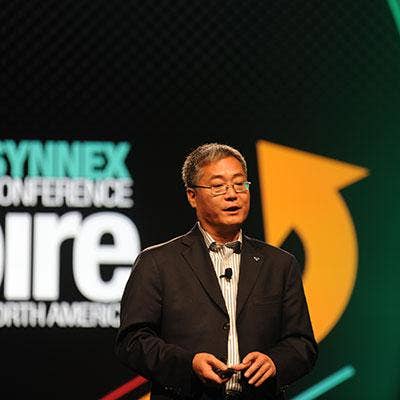
Will Synnex Start Carrying EMC?
Synnex has seen its third consecutive quarter in which revenue declined, dropping 4.3 percent, to $3.55 billion, while non-GAAP profitability fell 1.4 percent, to $71.6 million.
CRN spoke with Synnex CEO Kevin Murai about why he's interested in adding EMC to the Fremont, Calif.-based distributor's line card if the Dell-EMC deal goes through, why Intel's next-generation Skylake processors will jump-start PC sales, and how the Surface Book will take advantage of high customer demand for premium notebooks.
Murai also addressed why 2016 should be a big year in the U.S. government space, how the channel benefits from Synnex's Concentrix business services practice, and why he expects Synnex to deliver more growth in 2016 than it did in 2015.
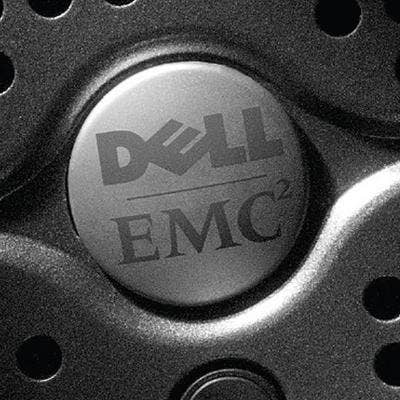
How will the Dell-EMC deal help Synnex?
We are a very strong enterprise player, but as you probably know, we don't have EMC, and we don't have NetApp, as an example, but we do a very good job with HP. If this acquisition does go through, not only does it help to enhance our overall offering for enterprise storage, but what I think is very important is that Dell's interest in EMC seems to be around creating a convergence and a hybrid architecture, and incorporating, obviously, the other enterprise products that Dell does very, very well in.
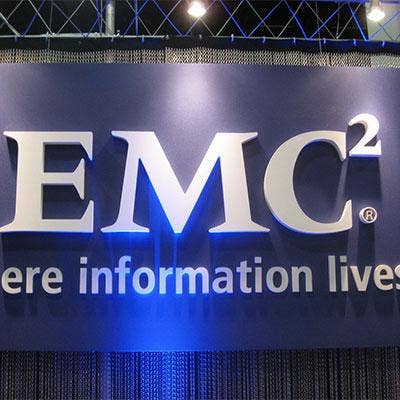
Do you expect to get EMC products on your line card?
I don't know what timing would be, but I would hope that, like the other enterprise products Dell has, that would be able to represent those too.

What does that mean for Synnex?
That really ties into Synnex's go-to-market strategy, because our focus is on being a collaborative, best-of-breed, hybrid architecture play, and that's what we do with our other partners. In addition to that, we're a very strong Red Hat partner as well for OpenStack, so I think it plays very well into the strategy. I think there's a lot of consistency and synergy in how we both view the market.
How would EMC fit within your storage portfolio?
EMC obviously is one of the big players in enterprise storage, and we certainly think we can do a good job with their line. It's very complementary to what we have with Dell.
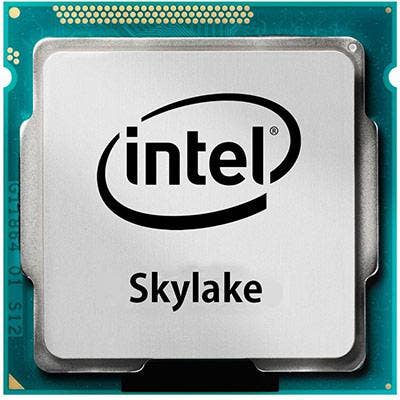
How will Intel's Skylake chips affect PC mobile device sales?
Going back to sometime during the summer, maybe late summer, Intel and its OEM partners -- all the same partners that we deal with -- really did do a good job of talking about Skylake launching, what those new product launches were that use it, and the inherent benefit of Skylake. … It's basically all around battery life, performance and the ability to create an even thinner profile, whether it be a 2-in-1 or notebook or whatever. So that next-generation enhancement to Intel's mobility lineup already. There were product launches that happened with that too.
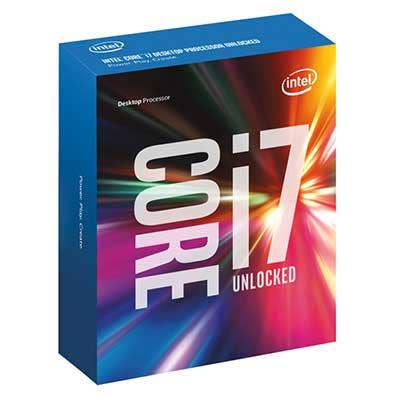
What does this mean going forward?
The products that are using Skylake are only now starting to flow into our inventory … over the past number of weeks. But I do anticipate good demand for those products. There hasn't been a strong reason since really the refresh of XP to look at a refresh on a PC platform, and I think this could be it. A lot of people have … talked about Windows 10, but in the commercial segment, Windows 10 is going to take about a year for adoption. So I think actually the combination of Windows 10 coming in and getting through its initial stage of maturity as well as the benefits that Skylake offer could well generate increased refresh.
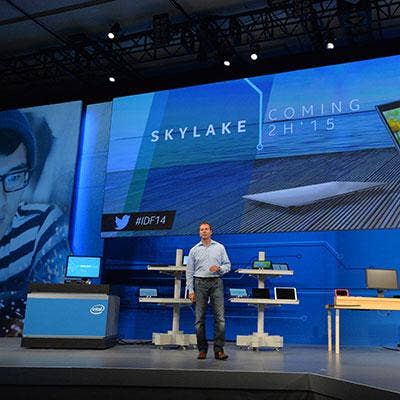
What vendors are capitalizing on Skylake the most?
Actually, all [of them] are. So if you look at the major OEMs on the PC side -- HP, Lenovo, Dell, Toshiba, all of the others, Microsoft as well -- when you look at Microsoft's new products in Surface Pro 4 and Surface Book, along with all of the other new offerings that Dell and HP and Lenovo and others have, they're all taking advantage of Skylake technology.
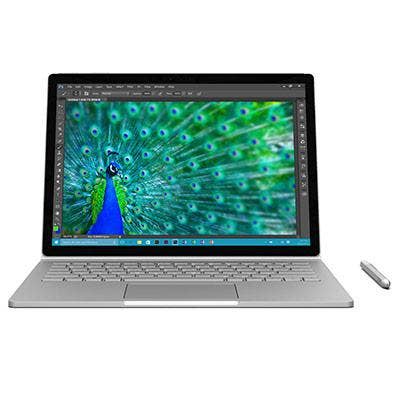
How is the Surface Book playing out in your space?
The Surface Book itself -- the interest level has been extremely high. That is actually one of the products … where the availability hasn't really been there until very recently. There's been a lot of interest, and now that we're starting to get inventory in, we are selling all the inventory that we get in. … I think the interesting point about the Surface Book and other products that other OEMs have that are more in that premium notebook space is that the premium notebooks are selling. People are willing to spend more money if they get the right user experience and the right capability that goes with it.
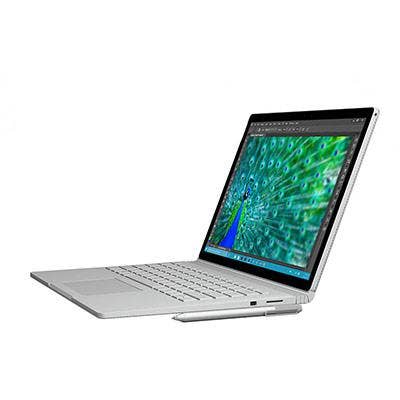
What does it mean to have HP and Dell authorized as Surface Pro resellers?
That really does not go through the channel at all. That's really more, if a HP direct account or … if they choose to include Surface as part of their overall solution that they sell. But that is not a channel play.
What level of partner interest are you seeing in Skylake?
The interest level is very high.
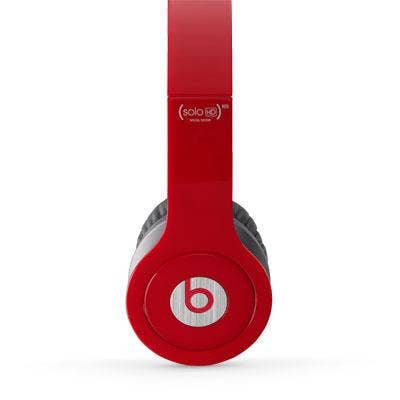
Do you expect to reverse declining sales and profitability in 2016?
Frankly, if you net out Beats -- Beats, as you know, got acquired by Apple, and they just changed their supply chain, the way they go to market -- … we grew our business in the U.S. overall for the year, and we grew our business in Q4 as well. The year-over-year compares on Beats go away very, very soon. In fact, Q1 is the last quarter that we have a year-over-year number in Beats, and it was just under $70 million. … But going forward, from Q2 onwards, there's no year-on-year comparison. And the actual growth that I've been talking about will become much more visible.

What will allow you to grow in the coming year?
I think a lot of it has really been driven by our focus on the market. We are successful when we help our vendors and when we help our customers grow. … So that translates … into all of the investments that we're making in our go-to-market practices, in how we develop solutions, even in some of the areas like CloudSolv where we invest in business platforms that our customers use to run their as-a-service business as well. So, to me, it's not a matter of "when do we return to growth?" We have been growing; it's just that, now, that'll become much more visible as we look forward.

What moves are government partners making following the federal budget agreement?
Synnex has a very large and industry-leading practice in public sector, and it's across feds, state, local, education. At the fed level, those budgets got approved around mid-December, and what it provides is not only certainty for agencies, but also they now have the ability to start spending against those budgets. In many cases, budgets will actually increase on technology, so with that, and aligning back with what we do in our go-to-market in public sector, it just provides us with now even more runway to continue to grow that business.

What are your priorities in the public sector space?
We continue to work on a number of areas. First of all, we have a leadership position in K-12 education, and although that is not federal, that continues to be a big area of spend, driving towards the online experience, whether it be Chromebook or whether it be a Windows-based experience through even our partnership with Skylake. That is going to continue to be a growth area. In other cases, if you have a lot of school boards that continue to refresh their environment too. That is a growing area. Our go-to-market strategy is really to go narrow and deep and focus in on specific industry verticals and specific technology platform.

What are the verticals or platforms you plan to focus on?
So a big area for focus for us beyond what we've already been doing is around body-worn cameras, for example, with police force and other related agencies. In addition to that, we're focusing in on some specific solutions in the smart city as well, whether it be around power or traffic management, and those things are in early stages right now. Really taking the technologies around IoT, the way that these emerging technologies can be game-changers in the way you look at things, the way you process things, and then really driving for significant benefit as these get deployed in different cities or different agencies within the public sector market.

Have sales of body-worn cameras increased due to the officer-involved shootings?
Not only has there been a lot of demand, and that has actually been realized too in the kind of demand we're seeing, there has been a federal mandate as well to equip all police officers in the U.S. with body-worn cameras. … Yeah, we are seeing the demand there, for sure.

How, if at all, can VARs and MSPs benefit from Concentrix?
Today, and for the past number of years, we have been leveraging that capability, and our partners have been benefiting from that. A lot of it is indirectly, because a lot of service that we provide -- back-office capability as well -- … is provided by our Concentrix business. And what we're able to do is offer 24/7 service capability at a reasonable price. … Concentrix, as you know, is a business unto itself as well. But, with the capabilities that we have and the technology market continuing to move more and more toward solution-based selling, … we're very well-positioned to start adding some of those services to the overall solutions we sell.

What else do you want your partners to know about Synnex?
Synnex continues to deliver above market performance. The investments that we've been making and the things that we've been talking about -- our go-to-market strategy, and our CloudSolv business and our view on mobility and enterprise mobility -- I just feel that we're very well-positioned to capitalize on where the growth areas are in technology and in other parts of the market as this technology ecosystem continues to change.